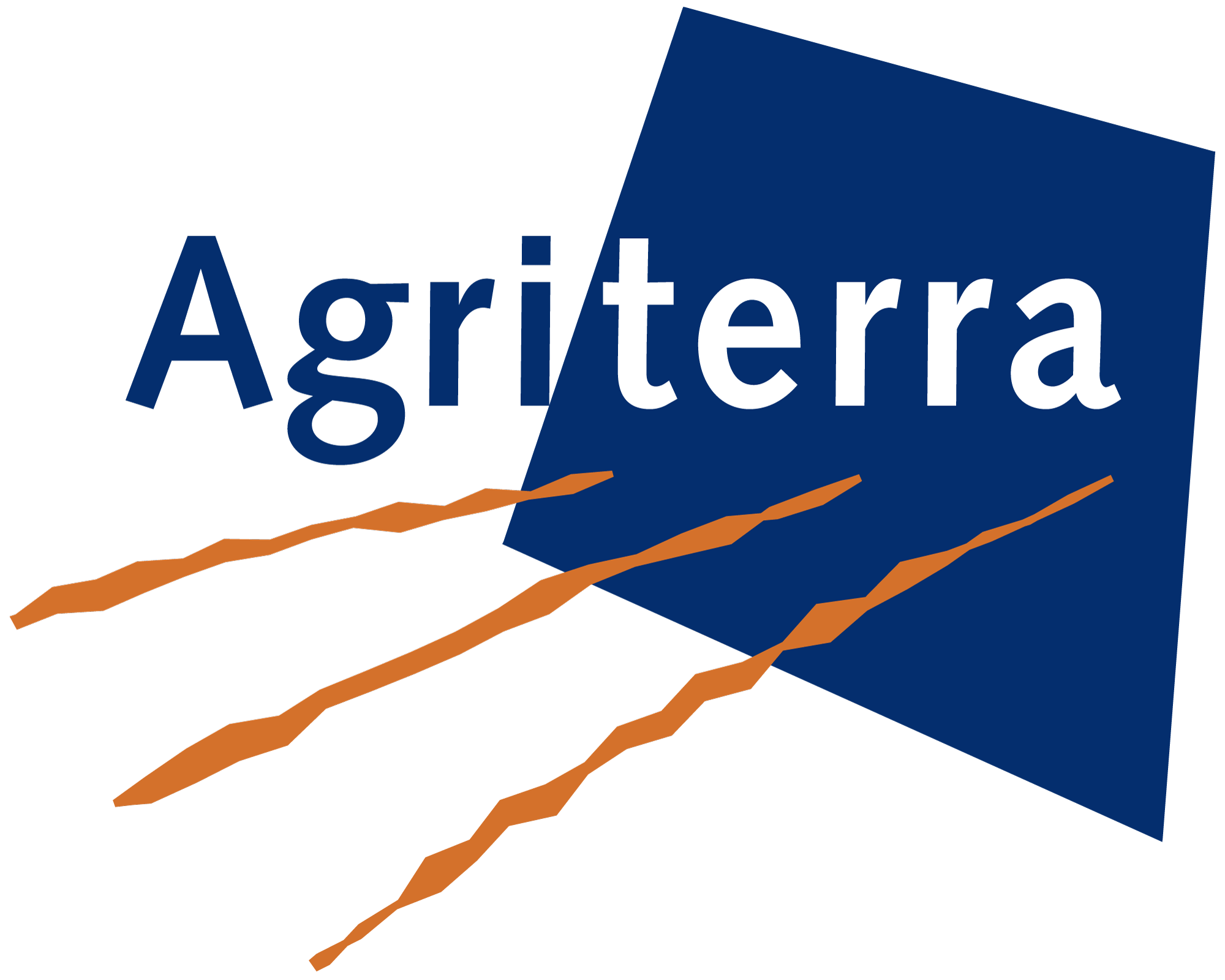Community / Land projects / Integrated Emergency Shelter and NFI Response to Displacement Affected Communities in Somali Region, Liben and
Integrated Emergency Shelter and NFI Response to Displacement Affected Communities in Somali Region, Liben and

€482075.5807
12/18 - 07/19
Завершено
This project is part of
Implementing Organisations
Donors
Data Providers
Objectives
127,812 Households living in 308 IDP sites in Somali Region, are in urgent need of shelter and NFI assistance (HRDP 2018). ZOA’s proposed intervention targets 1,911 households (estimated 11,467 IDP persons) living in conflict and flood affected woredas of Dawa and Liben Zones of Somali Region. These families belong to the most vulnerable IDPs who live in makeshift buuls (Somali hut) without adequate access to NFIs. The shelter conditions are not in line with the minimum SPHERE standards. Initially, rapid assessment will be conducted to identify the shelter and NFI needs and gaps of target groups. Based on the findings, ZOA intends to undertake construction of transitional Shelters for 320 households mostly through community and owner driven approaches that maximize beneficiary participation and local livelihoods opportunities. Selection of beneficiaries will involve IDP settlement and local community leaders, based on clear vulnerability-based criteria. Construction sites will be identified in collaboration with local land administration authorities and Disaster Preparedness and Prevention Bureau (DPPB). Local leaders, IDP Community representatives and local authorities will be trained on settlement planning and producing settlement plans. By doing so, proper site planning will be undertaken to ensure effective mitigation of hazards and reduce alarming congestion levels in target settlements. Thus, the vulnerability of target households resulting from the type of shelters they live in and interlinked conditions will be reduced including congestion, GVB cases and communicable diseases. To verify the possible implementation option to address the NFI needs of 1591 target households rapid cash feasibility assessment will be conducted. Based on the finding, ZOA will follow a flexible intervention tool of either direct cash transfer or voucher system, and as a last resort in-kind distribution of the standard full NFI kits. Beneficiary selection will follow a need based and transparent approach. The distribution of NFI kits will have positive impact on the lives of vulnerable target groups especially women and speed up the recovery process. As women carry out most of the household chores, the items in the kit will lessen the burden of water storage, cooking, cleaning, sanitation and catering for overall household needs. ZOA’s program delivery takes into consideration age, gender and diversity approach to ensure all beneficiaries within the targeted IDP communities in the two Zones participate in planning, implementation and monitoring of the program activities. Gender and protection will be mainstreamed in all program activities. In addition to this, ZOA will seek Integration with other partners on the ground to ensure complementarity and maximize efficiency of the response.



